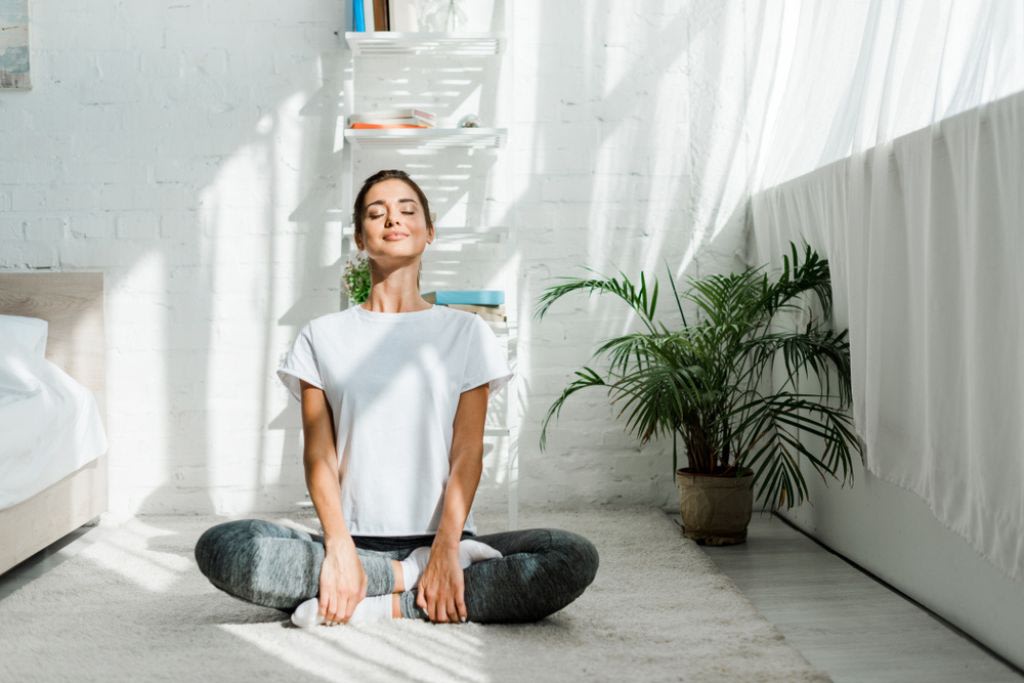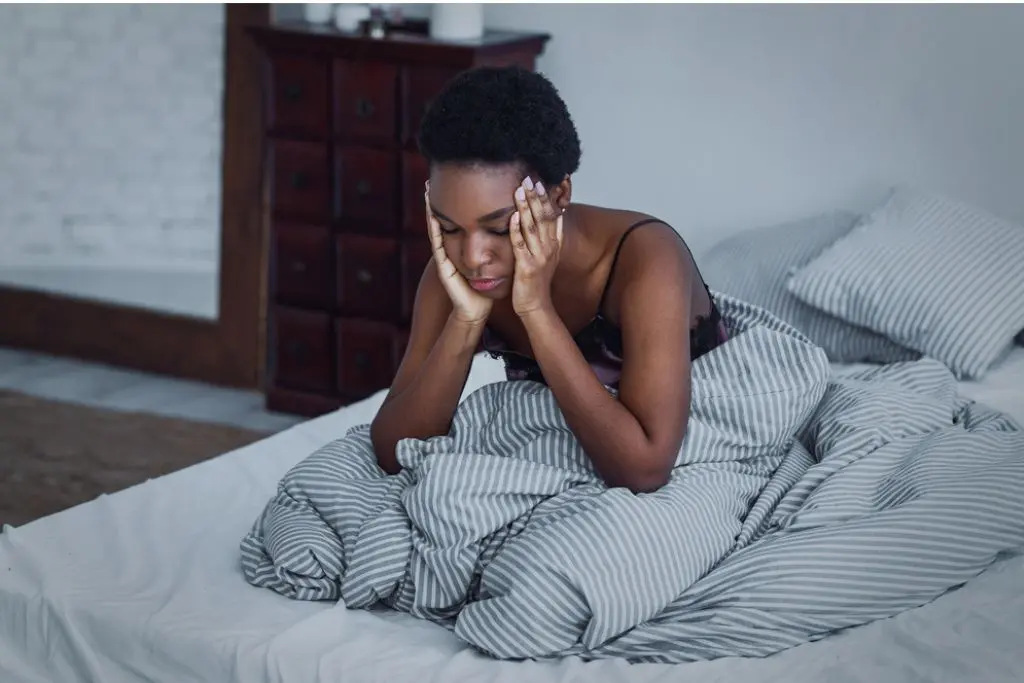What Is Your Circadian Rhythm And Why Should You Care About It?

July 20, 2023

In the world of wellness, buzzwords like “biological clock” and “circadian rhythm” get thrown around a lot, but what do these terms actually mean, how are they connected to your overall health, and are they something you even need to worry about? Here’s everything you need to know.
What is a circadian rhythm?
According to the Sleep Foundation, circadian rhythms are the 24-hour cycles that run in the background to carry out essential functions and processes. Think of it like a constant internal body clock! One of the most obvious and easy-to-understand circadian rhythms is your sleep-wake cycle, but the Centres for Disease Control and Prevention says other functions such as digestion, metabolism, blood sugar, hormone levels and body temperature are also affected.
Connected to a specific area of the brain and influenced by cues in your environment like light, a consistent circadian rhythm can help you get a good night’s sleep. But how? Your circadian rhythm initiates the production of the right hormones at the right times, which ensures you’re falling asleep and waking at similar times, and feeling energised or sleepy when you should!

What happens if your circadian rhythm is NOT in a good rhythm?
When your circadian rhythm is thrown out of whack, you can experience sleep problems and increase your risk of other significant physical and mental health issues, given the important role sleep plays in many aspects of our overall health. This can happen as a result of factors such as shift work, jetlag, irregular sleeping patterns and even the light from electronic devices.
One 2017 research review explained that because the circadian rhythm is like the central switchboard of many physiological functions, its disruption can have major health consequences, including cognitive impairment, metabolic syndrome, hormonal changes and psychiatric illness. Strong evidence from this review also suggests circadian rhythm disruption could be linked to cancer and immune system issues.
Insomnia is one major sleep issue, but trouble sleeping can also mean having difficulty falling asleep, waking up often throughout the night, or having light or broken sleep. The National Institute of General Medical Sciences says that sleep problems can then cause a domino effect, leading to circadian rhythm disorder and chronic conditions such as depression, diabetes, obesity, bipolar disorder and seasonal affective disorder.

How to fix your circadian rhythm
If you’re having trouble sleeping or feel like your sleep-wake cycle needs a reset, The Sleep Foundation and Cleveland Clinic say the best things you can do are increase your exposure to natural light and spend time outdoors, especially in the morning, reduce your exposure to light before bed, avoid caffeine after midday, keep naps short (or avoid them altogether!), and try to get into a consistent sleep schedule.
Light has the most powerful influence on your internal body clock, and it’s such a simple solution!
Can exercise affect your circadian rhythm?
It sure can. While exercise doesn’t have as big of an impact as light, it can definitely help. Daily exercise is consistently recommended as a way to regulate your circadian rhythm, elevate your energy during the day and make it easier to fall asleep at night. If you’re getting outdoors into natural light for your workout sessions or kickstarting your day with a morning walk, even better!
According to 2022 research, regular physical activity can promote a strong circadian rhythm by giving your brain consistent feedback about when your body needs to be alert and energetic. A 2015 research review also highlighted exercise as a powerful signal to shift your internal body clock and sleep-wake cycles, due to its ability to stimulate the release of different hormones.
If you’re exercising in the morning and having trouble sleeping, it can be worth shifting your workouts to the afternoon or early evening to see if it makes a difference. Similarly, if sleep becomes an issue after exercising at night, switching to morning workouts could be what your body needs. The best time to work out will be different for everyone.
Fan of high-intensity workouts? So are we, but it pays to note that Cleveland Clinic advises against high-intensity workouts within one hour of bedtime. For most people, exercising too close to bed isn’t good for your sleep!
Getting consistent, quality sleep is at the top of the list when it comes to being in good health, and having a robust circadian rhythm sets you up to fall asleep, stay asleep and wake up at similar times each day, along with supporting many of your body’s daily processes.
To keep your internal body clock in check and on time, try to expose yourself to natural light or get outdoors in the morning, develop a consistent sleep routine, and move your body daily to teach your brain when you are most active and prepare your body for rest in the evenings.

A more empowered you starts with Sweat, and our editorial team is here to bring you the latest fitness tips, trainer recommendations, wellbeing news, nutritional advice, nourishing recipes and free workouts.
* Disclaimer: This blog post is not intended to replace the advice of a medical professional. The above information should not be used to diagnose, treat, or prevent any disease or medical condition. Please consult your doctor before making any changes to your diet, sleep methods, daily activity, or fitness routine. Sweat assumes no responsibility for any personal injury or damage sustained by any recommendations, opinions, or advice given in this article.
Wellbeing